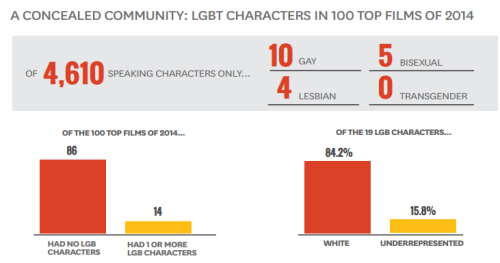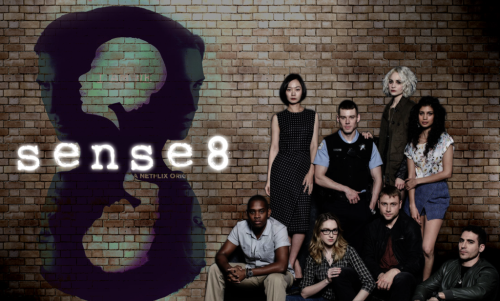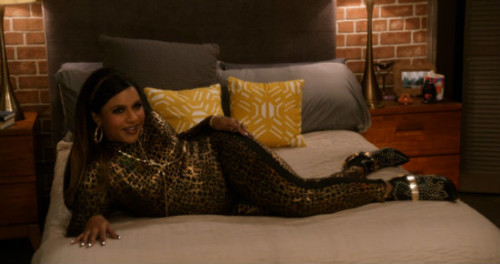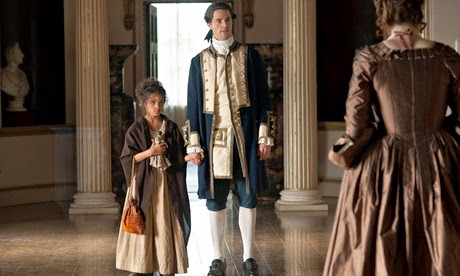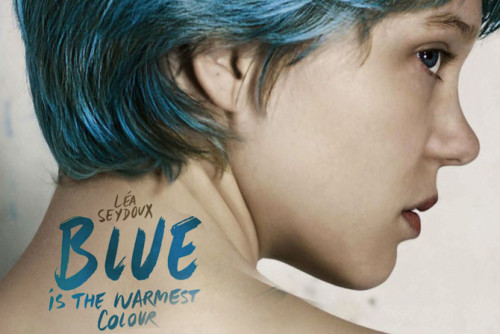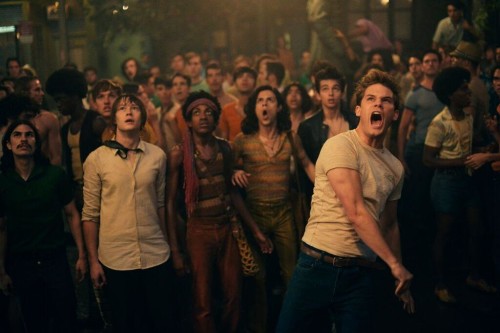The movie adaptation of the Stonewall Riot entitled ‘Stonewall,’ directed by Roland Emmerich, is harboring unprecedented criticism from the entire LGBTQI community. Countless blogs, online publications, and social media pages have each blasted the movie with comments on whitewashing and altering of the historical facts.
Huffington Post Gay Voices released an article with the headline title “#NotMyStonewall: Why I’m Not Giving the Movie “Stonewall” a Chance.” The bbc.com entertainment section focused on the petition against the movie that reached more than 20,000 signatures.
I personally feel embarrassed for the director. No matter how hard he and his team try to damage-control this situation, I don’t think they will have any way out.
